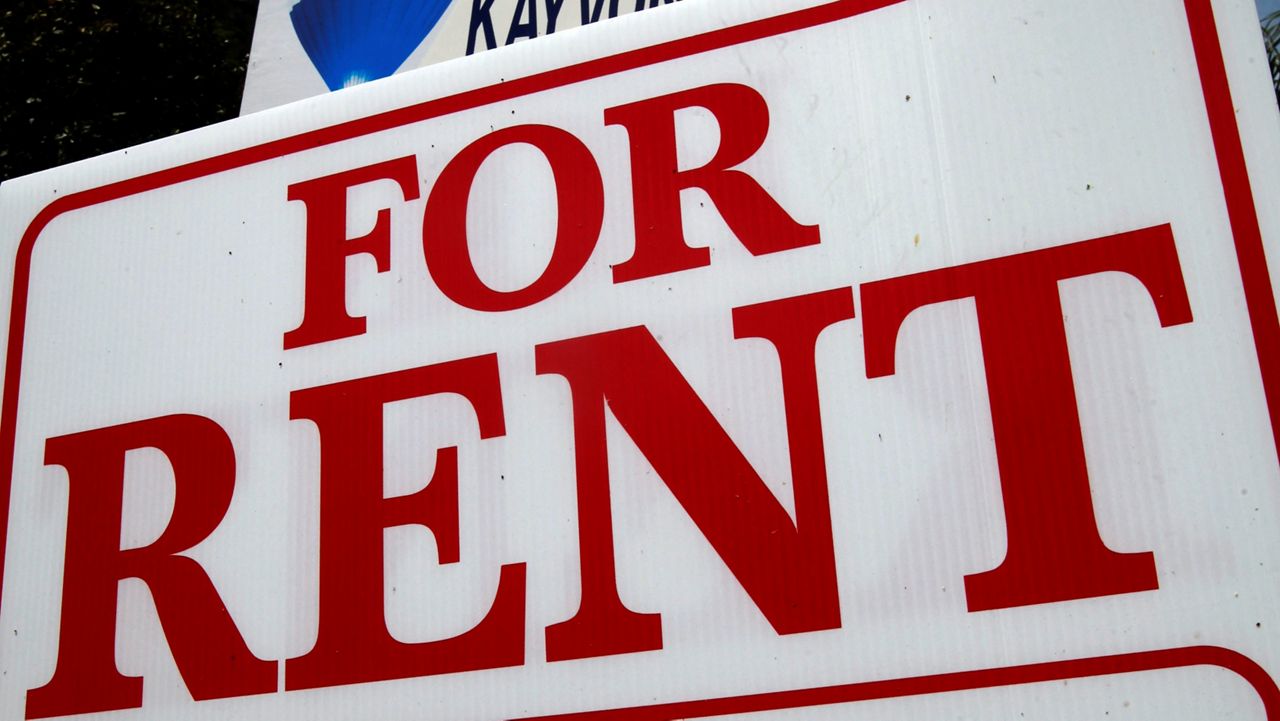LOS ANGELES (CNS) — For the second time this year, the Los Angeles City Council has called for the state to pass legislation requiring a minimum of five years of ownership before a homeowner can invoke the Ellis Act to evict tenants and take property off the rental market.
The council passed Tuesday’s resolution 14-0 to support Assembly Bill 2050 after being introduced by Councilmen Paul Koretz and Marqueece Harris-Dawson.
The two also introduced a resolution passed by the council in January that supported Assembly Bill 854, which also sought to require ownership for five years before a property could be taken off the rental market through the Ellis Act. That bill was defeated, which the California Apartment Association took credit for on its website, saying that Assemblyman Alex Lee, D-San Jose, appeared to lack the votes to advance the proposal following the landlord association’s advocacy efforts.
Lee also introduced the latest Assembly bill aimed at restricting Ellis Act evictions.
Koretz spoke ahead of the vote Tuesday to encourage council members to join him in supporting the bill.
“Back in 1985, when the Ellis Act was first adopted, it was a response to concerns raised by a number of landlords, primarily small mom-and-pop apartment owners, who were having difficulty getting out of the business in the era of rent control despite the fact that they were losing money on their properties,” Koretz said.
“... But like so many legislative actions, the Ellis Act has turned out to have some serious unintended consequences. Some people in the real estate business have exploited its provisions to turn much-needed housing into purely a commodity,” he added.
“They purchase buildings specifically to empty them out, tear them down or replace them with new or refurbished units that previous tenants couldn’t possibly afford.”
Koretz noted that the legislation would still allow homeowners to invoke the Ellis Act, but because they must own for at least five years, it would spread out Ellis Act evictions and disincentivize speculative apartment building purchases.
The city has lost 27,000 residential units to the Ellis Act since 2001, Koretz said.
“We see the results of this on our streets every day and it could become much worse,” he said.
The California Apartment Association said on its website that the bill targets “the right of landlords to leave the rental housing business” and their ability to move into a property they own. However, in the city of Los Angeles, property owners without using the Ellis Act are also able to evict tenants to occupy the homes themselves. Both Ellis Act evictions and owner- occupancy evictions are temporarily suspended due to the COVID-19 pandemic.
The California Apartment Association said following AB 854’s defeat that its members sent thousands of emails to Assembly members in an effort to kill the bill.
Daniel Yukelson, executive director for the Apartment Association of Greater Los Angeles, an association representing landlords, told City News Service in January that his organization was also “vehemently opposed” to that Assembly bill.
“If you put more restriction on what in effect is a parachute for your investments, there’s going to be fewer people that are willing to invest in real estate in California. It just increases the risk profile of investing in rental properties,” Yukelson said.



